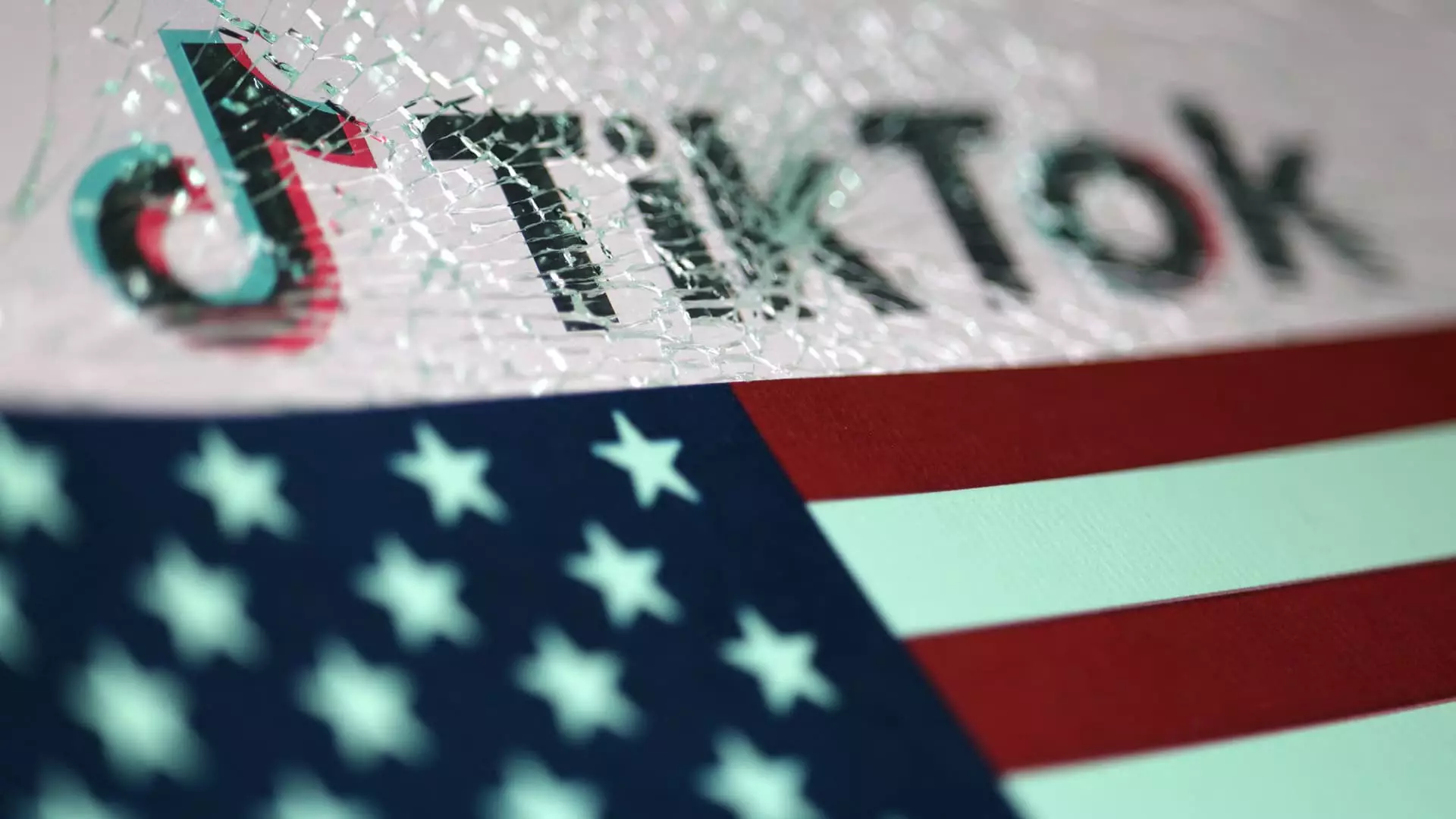As of Sunday, TikTok services were partially restored for U.S. users after a crucial statement from President-elect Donald Trump. This unforeseen turn of events unfolded in a climate of ambiguity regarding the future of the popular social media platform. Following a significant executive order hinted at by Trump, TikTok announced on its social media channels that access for its users in the U.S. would continue, citing ongoing negotiations with service providers. The platform extended gratitude to Trump for clarifying the legal environment that had left many small businesses reliant on TikTok in a precarious position.
The announcement came amidst a turbulent backdrop, where the threat of nationwide bans loomed large. With more than 170 million American users and over 7 million small businesses thriving on its platform, TikTok’s significance to the digital economy cannot be understated. The company’s assertion that their continued service represents a victory for the First Amendment highlights the broader implications of the app’s availability; it stands as a point of contention in discussions around free speech and censorship in the digital age.
The Legal Intricacies Behind the Ban
The internal and external pressures surrounding TikTok extend beyond simple user enjoyment. The legal framework governing the app is mired in complexities that reflect broader geopolitical tensions, particularly with China. Until Sunday, the law threatening to prohibit TikTok’s operation in the U.S. appeared imminent. This was primarily due to the app being owned by ByteDance, a Chinese company, which led to concerns over data privacy and security.
The Supreme Court’s upholding of the ban put additional pressure on both TikTok and U.S.-based tech giants like Apple and Google. These companies faced potential penalties for facilitating TikTok’s access, shedding light on the intricate relationship between government regulation and corporate activity in the tech industry. Despite these significant hurdles, TikTok’s management remains adamant about navigating these challenges through potential negotiations with the Trump administration.
The Path Forward: Unclear and Controversial
As Trump navigates these political waters, his past declarations regarding TikTok’s potential joint ownership with the U.S. government have raised questions about the app’s future. Although he has expressed a desire for a 50% stake to assuage concerns about data security, ByteDance maintains its position, showing no intent to divest from the platform. This impasse leaves TikTok’s future hanging in the balance, where political decisions could influence its operational legitimacy.
The dialogues between TikTok and the Trump administration are expected to evolve as both parties work towards finding common ground. However, the juxtaposition of political maneuvering and everyday user experiences creates a paradox; the thrill of the platform’s creative potential is undermined by its precarious legal standing. As the world watches, TikTok’s existence in the U.S. hinges on the intersection of policy, public sentiment, and technological advancement, underscoring the delicate balance of power in the digital domain.
While TikTok users may breathe a sigh of relief for now, the uncertain political and legal landscape surrounding the app suggests that its challenges are far from over. The outcome of these ongoing negotiations will play a critical role in shaping the app’s relevance and presence in the American digital ecosystem.


Leave a Reply